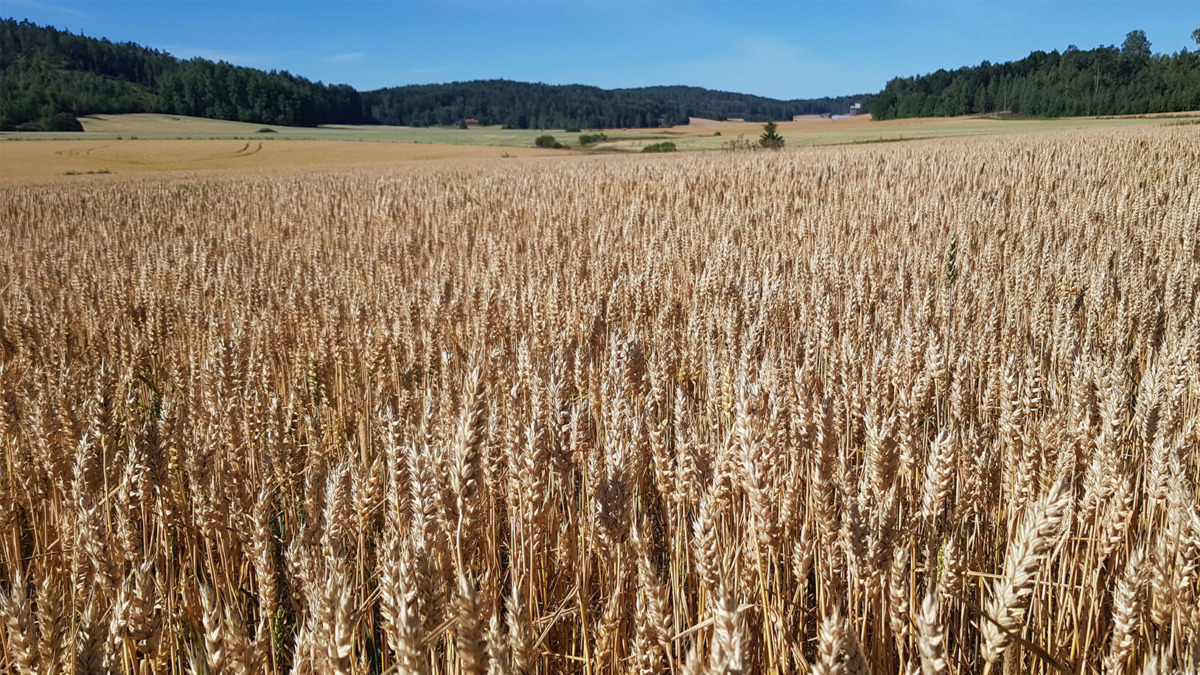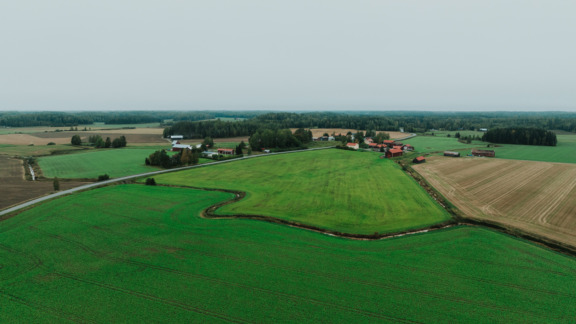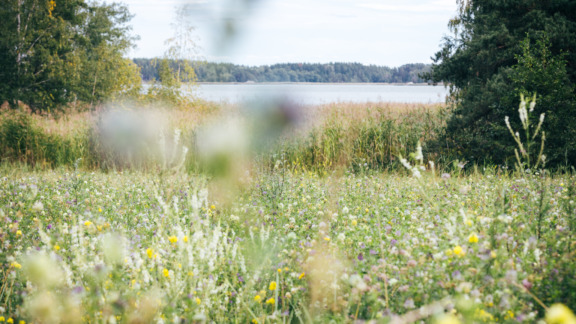Third Baltic Sea commitment from Fazer – group continues its systematic work to protect the Baltic Sea
In its third Baltic Sea commitment, Fazer pledges to developing its production, operating methods and product selection in ways that support the ecological balance of the Baltic Sea and other waterways. The aim of the protection work is that as few nutrients as possible end up in the water systems.

Fazer’s Baltic Sea commitment is in effect until 2028 and focuses on promoting sustainable food production, regenerative farming in particular. The commitment is implemented through measures and objectives that support regenerative farming.
Fazer has been heavily involved in protecting the Baltic Sea since 2013. We are a significant buyer of grain in the Baltic Sea region, so we have the possibility to impact the state of the waterways through our own actions as well as together with our partners.
Joséphine Mickwitz, EVP, Head of Communications and Sustainability, Fazer Group
Farming methods impact the state of the waterways
According to studies, regenerative farming methods have a concrete impact on reducing carbon dioxide emissions, preventing eutrophication, strengthening soil fertility and improving crop resilience.
“One of our most important and concrete measures has been to develop Fazer’s Grain Vision. This is a farming programme we started in 2013 and implement in close collaboration with our contract farmers. Fazer’s Grain Vision aims to mitigate the eutrophication of the Baltic Sea and our inland waters, protect biodiversity and the land’s vitality as well as reduce the use of pesticides in farming. The Grain Vision is implemented through ten sustainable farming methods which have already been taken in use at numerous Finnish and Swedish farms,” says Joséphine Mickwitz, EVP, Head of Communications and Sustainability, Fazer Group.
“Fazer’s support for our work with the Baltic Sea is particularly important as Fazer is one our foundation’s most long-term corporate partners. Food production has a big impact on our waterways and our entire environment. This is why we have been happy to see how Fazer is collaborating closely with farmers and has systematically made its farming criteria more sustainable as part of its Grain Vision,” says Strategy Director Pieta Jarva from BSAG.
Already a half of Fazer’s contract farmers use sustainable farming methods
Results from Fazer’s annual farmer survey1) indicate that a significant milestone was achieved in 2022 as 50% of Fazer’s contract farmers in Finland said they use all ten sustainable farming methods. The results show that particularly the use of various precision farming methods has become more common.
Fazer invests in cooperation with its contract farmers and organises regular farmer trainings regarding sustainable farming methods which promote the implementation of good crop rotation, support the efficiency of nutrient use, improve soil structure and reduce the need for pesticides.
Along with the new Baltic Sea commitment, Fazer focuses even more on promoting biodiversity. The company is also developing digital authentication solutions suitable for regenerative farming together with its stakeholders. The commitment will also be visible in Fazer’s product selection as it is being developed on the basis of regenerative farming methods.
1) Fazer’s farmer survey regarding harvest 2022. N = 315, out of which 257 conventional and 58 organic farmers.



